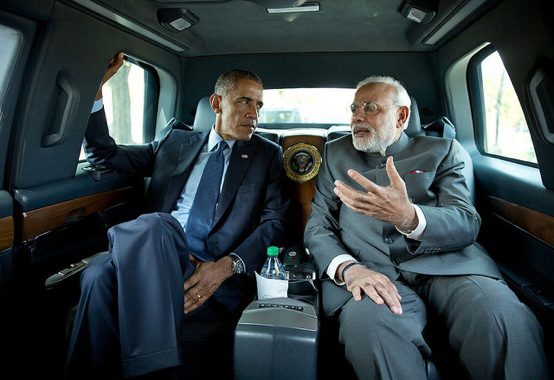Indian Foreign Policy and the Value of Restraint

Sameer Lalwani makes the case that India should respond in a restrained way to the recent attack on soldiers in Kashmir:
A second point of conventional wisdom is that the failure to take military action will damage India’s credibility and invite further attacks. Although there is broad recognition that India lacks the requisite military capabilities to inflict punishment without courting significant escalation risks, those concerned with India’s credibility argue that it should take action, regardless of military efficacy, in order to demonstrate resolve [bold mine-DL]. This claim suggests that if India does not fight today, its response will be read as appeasement, and state or non-state actors will doubt its future resolve and strike again.
The debate is ongoing, but some of the international relations literature challenges the claim that military actions are required to bolster credibility. Research by Dartmouth Professor Daryl Press suggests that even in textbook World War II cases of “appeasement,” perceptions of credibility are actually formed on the basis of present calculations of actual capabilities and stakes in a crisis, rather than on past behavior. By this logic, it makes sense that Pakistan has not attempted another Kargil-like incursion; Pakistan knows that India possesses a tremendous advantage in material capabilities and a strong stake in retaining its hold on Indian-administered Kashmir. This contradicts the idea that it would necessarily perceive restraint from India as a sign of weakness.
I hope India refrains from making a military response. India has previously suffered serious attacks that inflicted as much or even more damage than this one, and after both the attack on Parliament in 2001 and the Mumbai attacks its government wisely refused to start a larger conflict. The current government should follow the example of its recent predecessors. This will not only save India from a risky and potentially costly response, but it should earn India the respect of most nations around the world. It would be extremely easy to resort to force in response to such a provocation, but it would be a hasty and ill-considered response that would cost India more in the long run. This episode also shows how potentially dangerous misguided preoccupation with “credibility” can be. Taking military action regardless of its efficacy would be folly. This would not enhance India’s reputation, but would show that its government can be easily goaded into short-sighted and dangerous action.
Lalwani concludes:
The 2009 elections and recent polling data suggest that Indian prime ministers have thus far suffered no real political costs for opting against military actions in retribution for major attacks. Further, the country could actually weaken its credibility if it embarked on a militarily disastrous adventure that exposes gaps in capabilities. Finally, although India has fulminated over its lack options to punish its enemies, it has invested little in the comparatively easier approach of denying its enemies their goals.
Taking punitive action is frequently satisfying in the near term, but it rarely makes the country more secure and often creates unnecessary headaches and racks up costs that could have been avoided with a more restrained approach.
Comments